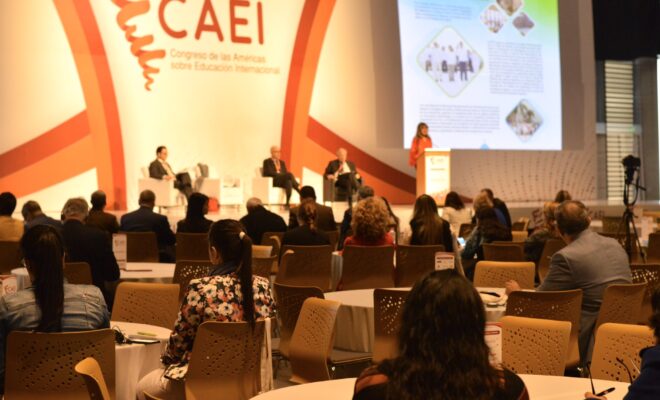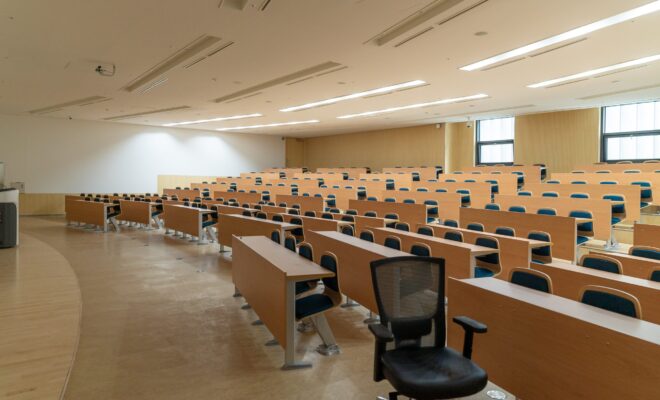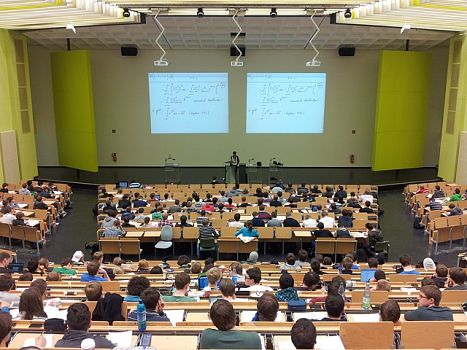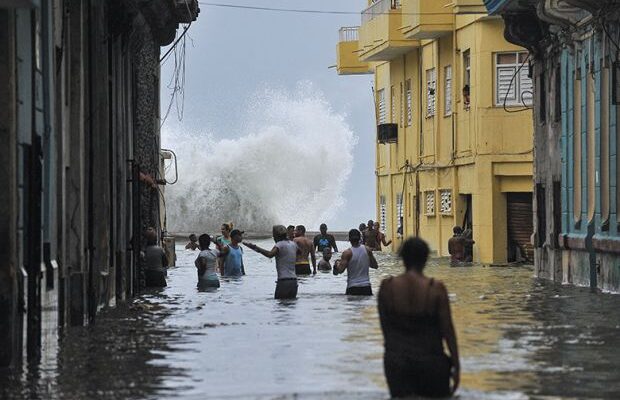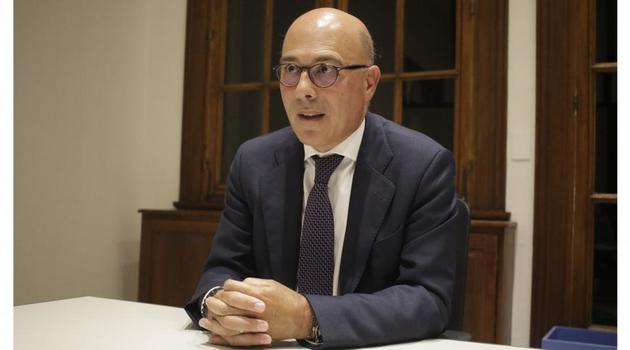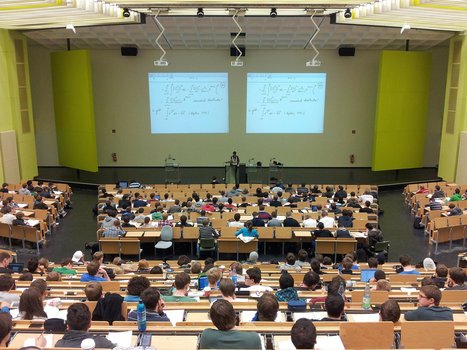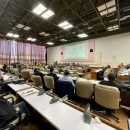Call to identify best practices in education with Intangible Cultural Heritage in Latin America and the Caribbean
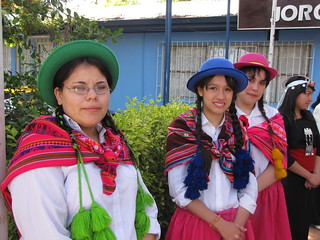
UNESCO’s Regional Offices of Culture and Education for Latin America and the Caribbean, headquartered in Havana and Santiago, Chile respectively, invite universities, schools, cultural centres, museums, local cultural groups, ministries of education and culture, local governments, civil society movements and organizations in Latin America and the Caribbean to register their educational practices aimed at the protection of Intangible Cultural Heritage in education.
ICH includes traditions or living expressions inherited from our ancestors and passed on to our descendants, such as oral traditions, music, dances, cooking methods and food rituals, seasonal events, or skills to produce traditional crafts to name a few.
Why create an online map of educational practices that integrate intangible cultural heritage?
Education plays a key role in safeguarding intangible cultural heritage. Knowledge of intangible cultural heritage provides specific context and pedagogy content and has the potential to increase the quality of education and learning outcomes through formal or non-formal education. With an open map, it is possible to exchange experiences, generate networks to improve educational activities and learn from others with others.
*****
RELATED ITEMS
